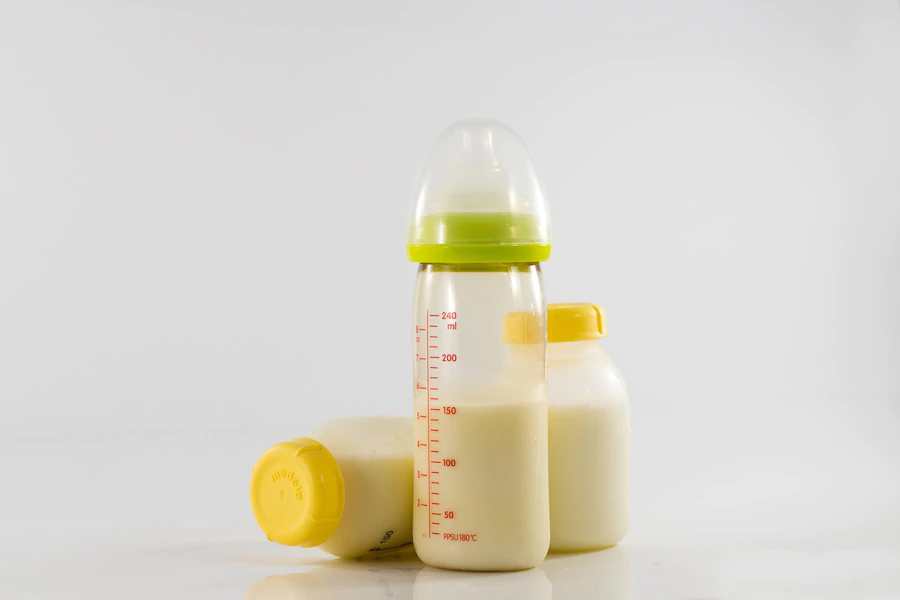Introduction
As new parents, it’s natural to have questions about the nutritional needs of your newborn.
One common query revolves around whether it is necessary to provide water to your baby in addition to milk.
In this article, we will explore the topic of giving water to newborns and provide valuable insights into their hydration
requirements.
The Primacy of Breast Milk or Formula
During the first few months of life, breast milk or formula serves as the sole source of nutrition for your newborn.
Both breast milk and formula contain an adequate amount of water to fulfill your baby’s hydration needs.
They are perfectly balanced with essential nutrients, including water, which is vital for their growth and development.
Understanding Newborn Hydration
Newborns have unique hydration requirements, and their bodies are designed to obtain the necessary fluids from
breast milk or formula.
Breast milk is composed of approximately 88% water, making it an excellent source of hydration.
Similarly, the formula contains the appropriate amount of water required to meet your baby’s hydration needs.
Water and Newborns: When Is It Appropriate?
In general, it is not recommended to give water to newborns, especially during the first six months of life.
The digestive system of a newborn is still developing, and their kidneys are not fully matured.
Offering water too early can interfere with their ability to absorb nutrients from breast milk or formula and may lead to
an imbalance in electrolytes.
Exceptional Circumstances
There are exceptional circumstances when offering small amounts of water to newborns may be necessary.
These situations include:
Extremely hot weather:
During excessively hot weather, your baby may become more prone to dehydration.
In consultation with your pediatrician, you may be advised to offer a small amount of cooled boiled water to keep
them hydrated.
Medicinal purposes:
In some cases, a healthcare professional may recommend giving water to administer medication.
This should only be done under their guidance and supervision.
Signs of Hydration in Newborns
Monitoring your baby’s hydration is essential.
Look out for the following signs to ensure they are adequately hydrated:
Wet diapers:
Your newborn should have at least six wet diapers per day, indicating proper urine output.
Clear or pale yellow urine:
Urine that is clear or pale yellow indicates good hydration.
Adequate weight gain:
Regular visits to the pediatrician will help monitor your baby’s growth and weight gain, providing insight into their overall well-being.
Seek Professional Advice
If you have concerns about your baby’s hydration or have specific questions related to their feeding, it is always
advisable to consult your pediatrician.
They can provide personalized guidance based on your baby’s individual needs and circumstances.
Conclusion
In the early months of your baby’s life, breast milk or formula provides all the necessary hydration and nutrients they
require.
Offering water to newborns is generally not recommended, as it can disrupt their delicate balance of electrolytes and
hinder proper nutrient absorption.
However, there may be exceptional situations where a small amount of water is advised, such as during hot weather
or for medicinal purposes, but this should always be done under the guidance of a healthcare professional.
By focusing on breastfeeding or providing formula, you are ensuring your newborn receives the ideal nourishment for
their growth and development.
Remember, maintaining open communication with your pediatrician will provide the best guidance for your baby’s
unique needs.
![]()











